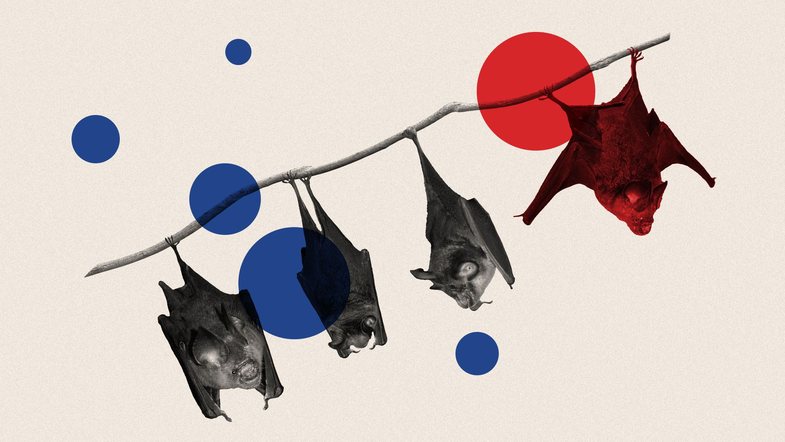
An outbreak of a deadly swine disease may have laid the groundwork for Covid-19 to spread to humans, a new analysis suggests. African swine fever (ASF), which first engulfed China in 2018, disrupted pork supplies by increasing the potential for contact with the human virus as people sought alternative meat.
Pork is the main source of meat in the Chinese diet and the country produces half the pigs in the world, generating approximately 55 million tonnes of pork a year and forming an industry worth more than $ 128 billion. ASF spread throughout China by the fourth quarter of 2019. The disease is incurable and incurable. Once detected, the only solution is to kill the infected animal.
The dramatic decline in pork supply, as restrictions on the movement of pigs and animals led to rising prices, escalated demand for alternative sources of meat. These sources included wildlife, thus greatly increasing the chances of human-coronavirus contact, a team of researchers from China and the UK have suggested in a peer-reviewed analysis.
"If more wildlife enters the human food chain, either through [individuals] hunting ... or by going to the market and getting different sources of meat, you are simply increasing the chance that the virus [Sars-CoV-2] pass on to humans, ”said study author David Robertson, professor of viral genomics and bioinformatics at the University of Glasgow.
Researchers on the origin of the disease, including a team from the World Health Organization, are still tracking it down, but many have suspected Sars-CoV-2 may have originated in the night owl and passed to humans through an intermediate animal.
The first cases of Covid-19 were discovered in Wuhan, but it is possible that the disease originated elsewhere.

Sources: Guardian, Nature





